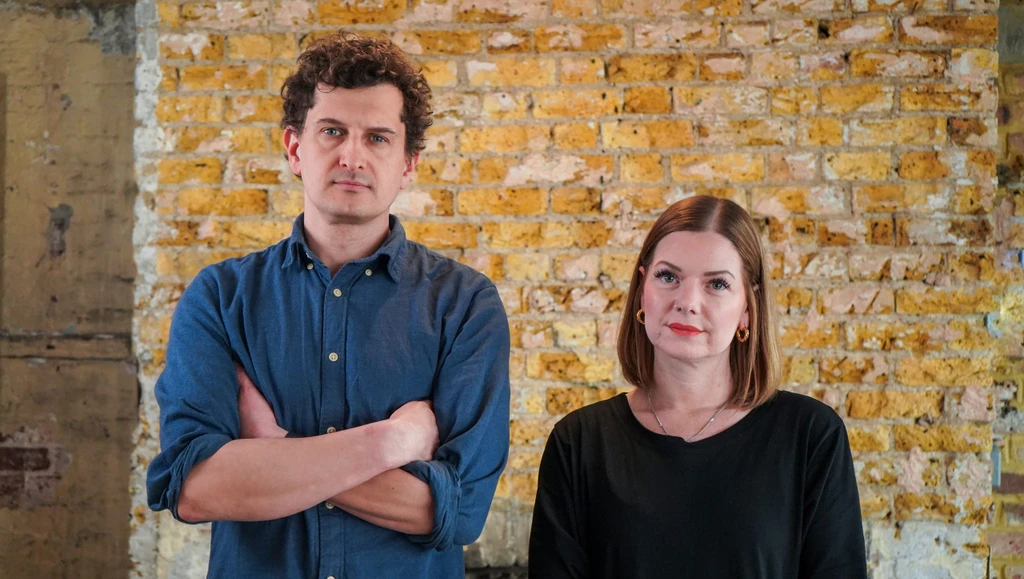After the Good Law Project filed a complaint with the Charity Commission about the way GambleAware distributes information, CEO Zoe Osmond defended the charity by claiming that it is “robustly” independent from the gambling industry.
It is not for profit. The group represents Will Prochaska, an independent gambling reform campaigner, and Annie Ashton as part of the GambleAware complaint.
According to the Good Law Project, GambleAware’s trustees do not provide enough gambling harm information. The complaint claims that this is due to GambleAware’s “reliance” on funding from the gambling industry, and their connections with the industry.
In a letter to iGB Osmond emphasized GambleAware’s importance in the gambling industry and stressed that GambleAware is independent.
Osmond said, “We have always been independent of the gambling industries. We’ve called long ago for more regulation in gambling advertising as well as the introduction of a funding system that would hold them accountable.”
The Good Law Project requested that the Charity Commission investigate GambleAware because it alleged they failed to provide unbiased information.
The Good Law Project released a press release stating that “the Charity Commission must investigate and take action to determine whether GambleAware has broken charity laws by not providing unbiased information, accepting the false narrative of gambling being a personal problem instead of an industry problem.” We’re prepared to file a lawsuit if the charity refuses.
The Charity Commission has confirmed that it received a complaint pertaining to GambleAware. The Charity Commission is “currently” evaluating the available information to determine if the Commission has a role.
The Commission added that its assessment is ongoing, and there have been no conclusions yet.
Information biased is not acceptable
In the complaint, GambleAware is accused of several alleged violations. The complaint claims that if GambleAware was found to have provided biased information to members of the public then this would be in violation of a Charity Commission regulatory alert sent to think tanks by December 2018.
The alert states that research which presents biased and selective information to the public “is not acceptable”.
In addition, the complaint calls for GambleAware to be subjected to a formal investigation based on recent inquiries by parliament. The Gambling Related Harm APPG’s Online Gambling Harm Inquiry, which was conducted in 2020, is listed. The GambleAware team was not able to perform certain functions, such as research, education, and treatment.
The complaint states that “our clients believe that recent parliamentary investigations, and in particular the findings of those inquiries, show that GambleAware is no longer able to achieve its goals to the extent that an official inquiry would be warranted.”
They also believe that failure to initiate one, given the wide-ranging and high-profile nature of GambleAware’s criticisms, risks damaging public trust in charities.
Focus on the trustees
Prochaska said to iGB people should address their questions and concerns towards GambleAware trustees.
Prochaska stated, “I believe it is time to hear from the trustees about whether they think the messages and programmes of the charities are serving their beneficiaries’ interests or the funders’ interests.” The evidence is overwhelming, and they cannot ignore it for ever.
Osmond strongly denied the accusations and called them “baseless” and “highly damaging”.
She said: “As the charity that works to protect people from the harm caused by gambling in Great Britain we reject the claims made in the letter which are unfounded and damaging.”
Prochaska responded by saying that the complaint had been substantiated and was in accordance with charity law.
He explained that “the complaint the Good Law Project compiled is based on charity law, and all of its assertions have been supported by evidence.” The claim by GambleAware that the complaint is ‘baseless,’ leads me to question whether or not their trustees actually have read it.
GambleAware services criticism “stigmatising”
Osmond then went on to emphasize the support provided by GambleAware. She cited the National Gambling Support Network as well as the National Gambling Helpline, stating that they were “one of few defenses available for the millions of people affected by gambling harms every year”.
Our public health campaigns were created with the help of people who experienced gambling damage. They break down barriers to support, and bring attention to how gambling harm can impact anyone.
Ben Howard, the chair of GambleAware Lived Experience Council and his own personal experience in dealing with National Gambling Support Network.
“For years I struggled with gambling and I found recovery through the GambleAware-commissioned National Gambling Support Network,” he said. I know from experience how important and effective the services are, and that they help thousands of people each year.
He also refuted claims that the services were inadequate. These statements are damaging and stigmatizing for those in need of support.



